These are the last words of David:
The oracle of David, son of Jesse,
the oracle of the man whom God exalted,
the anointed of the God of Jacob,
the favorite of the Strong One of Israel:
The spirit of the Lord speaks through me,
his word is upon my tongue.
The God of Israel has spoken,
the Rock of Israel has said to me:
One who rules over people justly,
ruling in the fear of God,
is like the light of morning,
like the sun rising on a cloudless morning,
gleaming from the rain on the grassy land.
Is not my house like this with God?
For he has made with me an everlasting covenant,
ordered in all things and secure.
Will he not cause to prosper
all my help and my desire?
But the godless are all like thorns that are thrown away;
for they cannot be picked up with the hand;
to touch them one uses an iron bar
or the shaft of a spear.
And they are entirely consumed in fire on the spot.
Astonishing that these are the last words of this king. How utterly obtuse that the final retrospection of his own life is filled with such self-righteous conceit. He calls himself God’s “exalted one,” the “Anointed One.” Does he not remember Saul? Saul too was anointed, exalted, declared so by the pious and genuflective David himself. This anointed was cast aside, as inexplicably as he was chosen, for another - David. Does he think himself better than Saul? Could not God cast him aside as easily? He calls himself the “favorite” of God. In this he is correct. Only the favorite could undermine, betray, pillage, destroy, rape and murder and escape with his life. Only the favorite could do these things and still assume, at the end, that he is the favorite.
David speaks of ruling justly; these words spontaneously burst from him, as if he is a fountain of prosperity and life due to his proximity to God. His kingdom, his house, is warm, sunny, a place where life springs eternal. For whom? Michal, the woman who loved David, was used as a political pawn to position the aspirational royal within the current king’s court. She helps him escape the raging Saul and is consequently given to another man. When David is ready to return to Israel as king, after taking several wives and accumulating power, only then is Michal returned - summoned in an encore role as political pawn. Her husband wept along the road as she was taken from her family to the king. Does Michal experience justice? When David refuses her children, is he justified? Does Uzzah experience justice when he dies because of his king’s presumption? Is Ish-bosheth’s assasination, disemboweled in his sleep, justified because David is the true king? Is the king justified to take a married woman for himself, or is this a benefit of power? What of her husband, Uriah, who is betrayed by his king, his commander and his fellow soldiers who stand by while he is overwhelmed by the enemy? Is justice dispensed? What of Tamar, David’s daughter? She is raped by her brother. He in turn is murdered by his brother, then this brother is caught up and hanged by his own hair in a tree. Do these experience justice? Does justice look like the women David left in his palace to be raped, one by one, in full view of the kingdom and God by his son, while he turns his back and flees for his life? When Rizpah, the concubine of Saul, watched her seven children be given over to Israel’s enemy by the usurper king David; when she watched as they fell from the gibbet; when she remained, battling birds and beasts until nothing but bone remained of her beloved, was she ruled justly? Are these the members of the house of God? Or are these the godless, the thorns whose only destination is the fire and destruction? How could this king be trusted to make such a distinction?
The book of Samuel began hinting that God would be found in the humble, the chastised, the barren. Throughout the narrative, humbled, secondary characters have offered subtle words of warning to the over-confident: “look not to the appearance, God looks at the heart,” says God to Samuel; “I know your insolence and the wickedness of your heart,” says Eliab to David. Samuel ends with a king’s blustering words of confidence, power and perfect justice. But we should be skeptical that God can be found here instead of in all the people who had been used and discarded as means to this glorious end.
Where is God and how do we know? The inquiry haunts us still. David would like us to think that God is with him. But his proximity to God fosters a hunger for power and glory that renders him blind to the suffering that was required, protects him from observing the injustice, pain and death left in his wake. There is another who speaks last words, who claims himself King. This one too is exalted, anointed by God. His proximity offers no parallel to the glory, honor and power accumulated by David; instead, this Anointed One dies among thieves, betrayed by his friends, convicted of blasphemy, wearing as a crown on his head the thorns David so confidently sings should be gathered and thrown into the fire. God is here. Do we see him?

